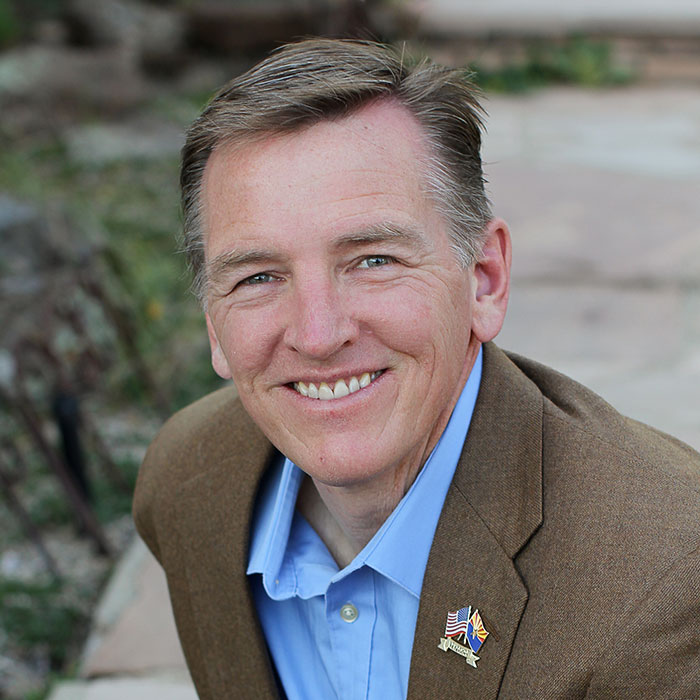Transportation
|
One of the core functions of each state, and the Federal Government, is creating the infrastructure necessary to conduct commerce, trade and allow general transportation. I strongly support maintaining, modernizing and expanding America’s transportation system and feel that work is critical to our country’s long-term productivity and economic competitiveness. In Arizona, particularly in the rural communities of the fourth district, our highways, roads, bridges and railroads are in particular need of attention. Our state is the second fastest growing state in the nation. Its population has nearly quadrupled since 1970. This population growth has posed additional strains on our state’s transportation infrastructure system. Throughout my time in Congress, I have been a strong supporter of Arizona transportation initiatives. I have worked with local cities, towns, counties, and tribal governments to advocate on behalf of rural Arizona projects. I have fought to ensure federal transportation programs give rural communities a fair shot in a competitive process and to spend the scarce transportation dollars we have more efficiently. I was instrumental in the initial authorization of the future I-11 corridor project by championing authorizing language included in MAP-21, the major transportation and infrastructure bill passed by Congress in 2012. This was the critical first step of the major economic development project that will connect Phoenix and Las Vegas, the two largest cities in the nation not linked by an interstate highway. CLICK HERE to read more about this successful effort. As the co-chair of the House I-11 Caucus, I continue to push this Arizona priority forward and to expand the coalition of stakeholders and advocates. For example, I introduced the Intermountain West Corridor Development Act. This legislation extends the future I-11 beyond the Phoenix – Las Vegas region to connect shipping ports in Southern Arizona through Northern Nevada to existing major interstate networks in the Northwest. Extending I-11 and allowing it to become the main transportation corridor in the West will be an economic boon for our communities, creating jobs, allowing for an easier flow of goods and services and authorizing the construction of much needed infrastructure. Getting I-11 built is just commonsense and the associated economic benefits will help future Arizona generations indefinitely. CLICK HERE to read more about this successful effort. The U.S. Highway Trust Fund, established in 1956 primarily to finance the Eisenhower Interstate Highway system, is funded by the federal taxes on gasoline and diesel fuel, The fund, which also funds mass transit, is approaching insolvency—an all-too-common occurrence for programs managed by our federal government. During my relatively short tenure in Congress, I have been a strong supporter of worthwhile transportation efforts that prioritize projects and don’t increase federal spending. Most Americans agree that improved nationwide infrastructure is a must. However, there are differing views on how we should fund the needed improvements. Many lawmakers have proposed an increase to fuel taxes that have been at their current rates since President Clinton signed them into law in 1993. The increases initially went toward deficit reduction, but a 1997 law channeled the money to the Highway Fund. Rather than eliminate wasteful spending to come up with money for essential infrastructure projects, many lawmakers instead want to impose another onerous tax increase on the American people. Some believe that the timing is ripe for such an increase. But Washington’s biggest problem is wasteful spending, and I am committed to solving that problem rather than exacerbating it with another tax increase. We can address our pressing transportation needs without borrowing billions more and sending our country further into debt. The federal government needs to get our priorities in order and stop wasting taxpayer money on things we don’t need. I will continue to advocate for our communities while fighting for fiscally sustainable transportation solutions in Congress. |
